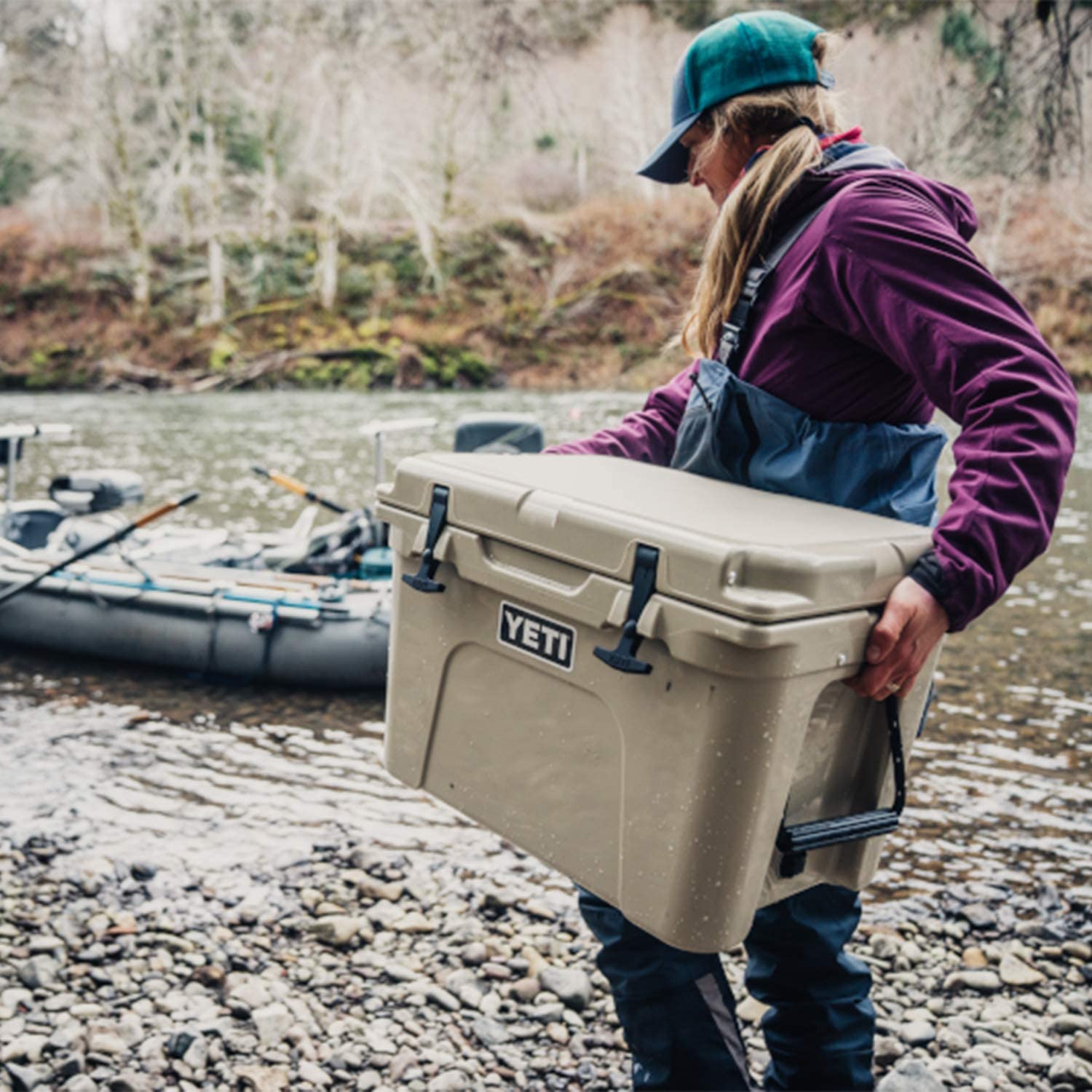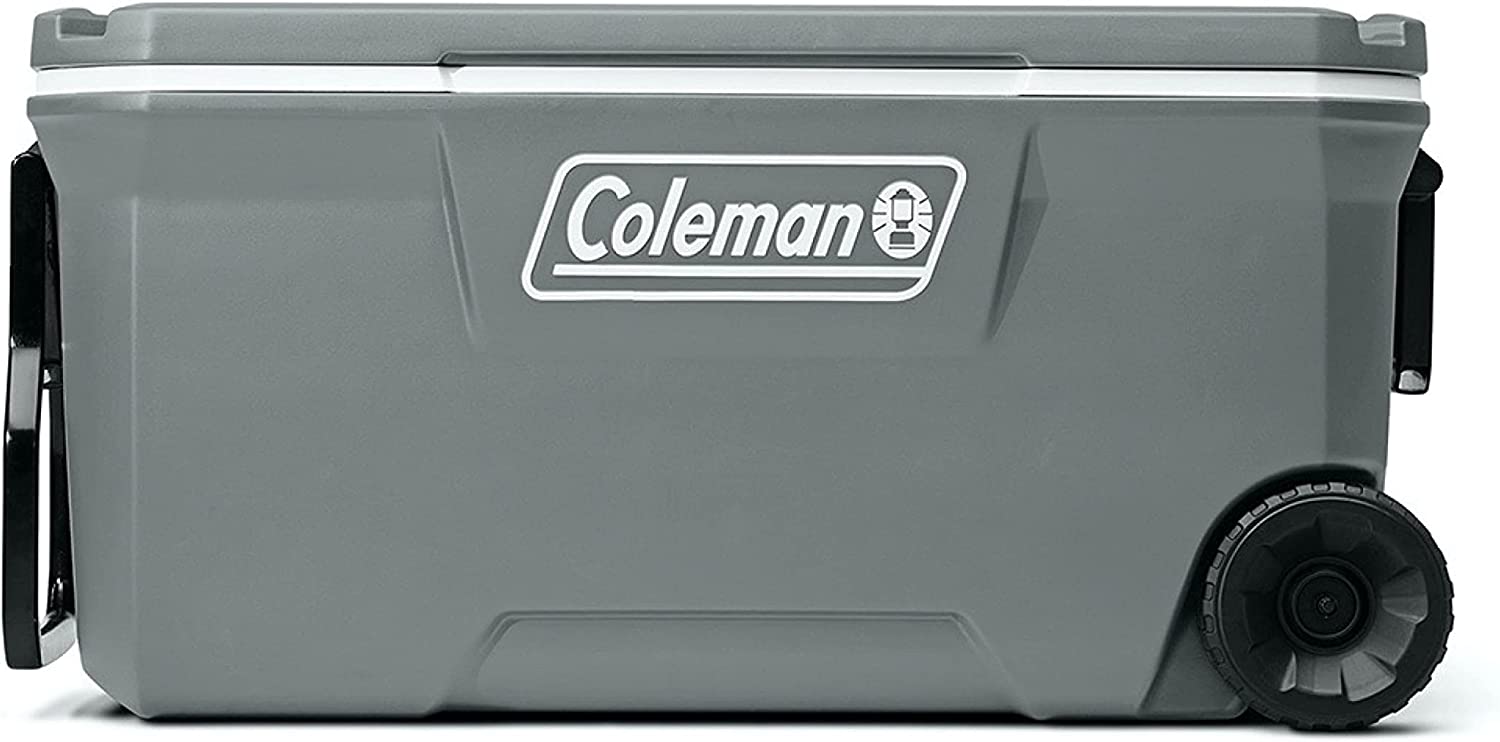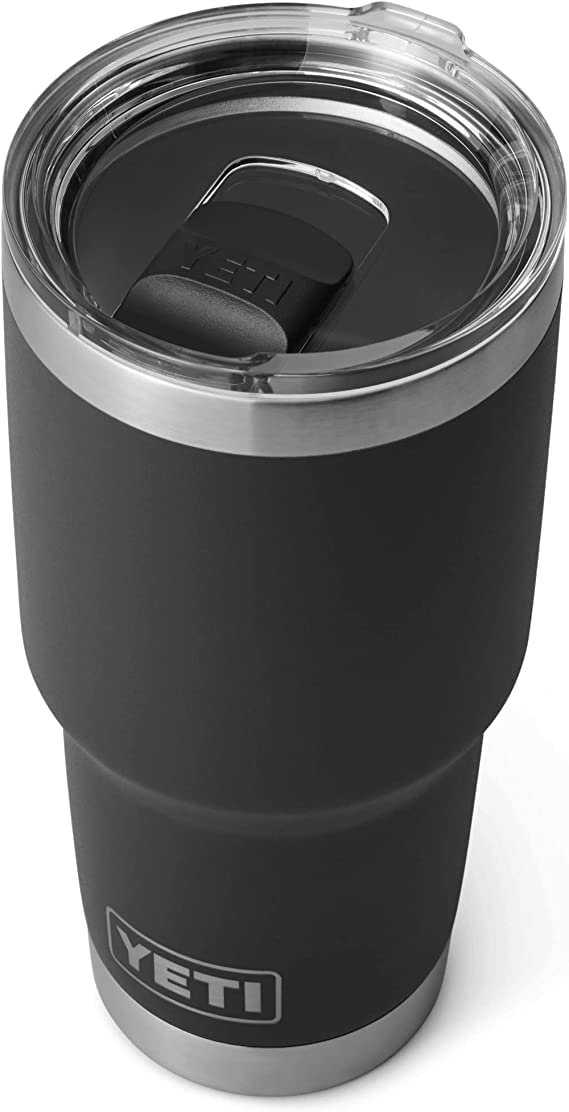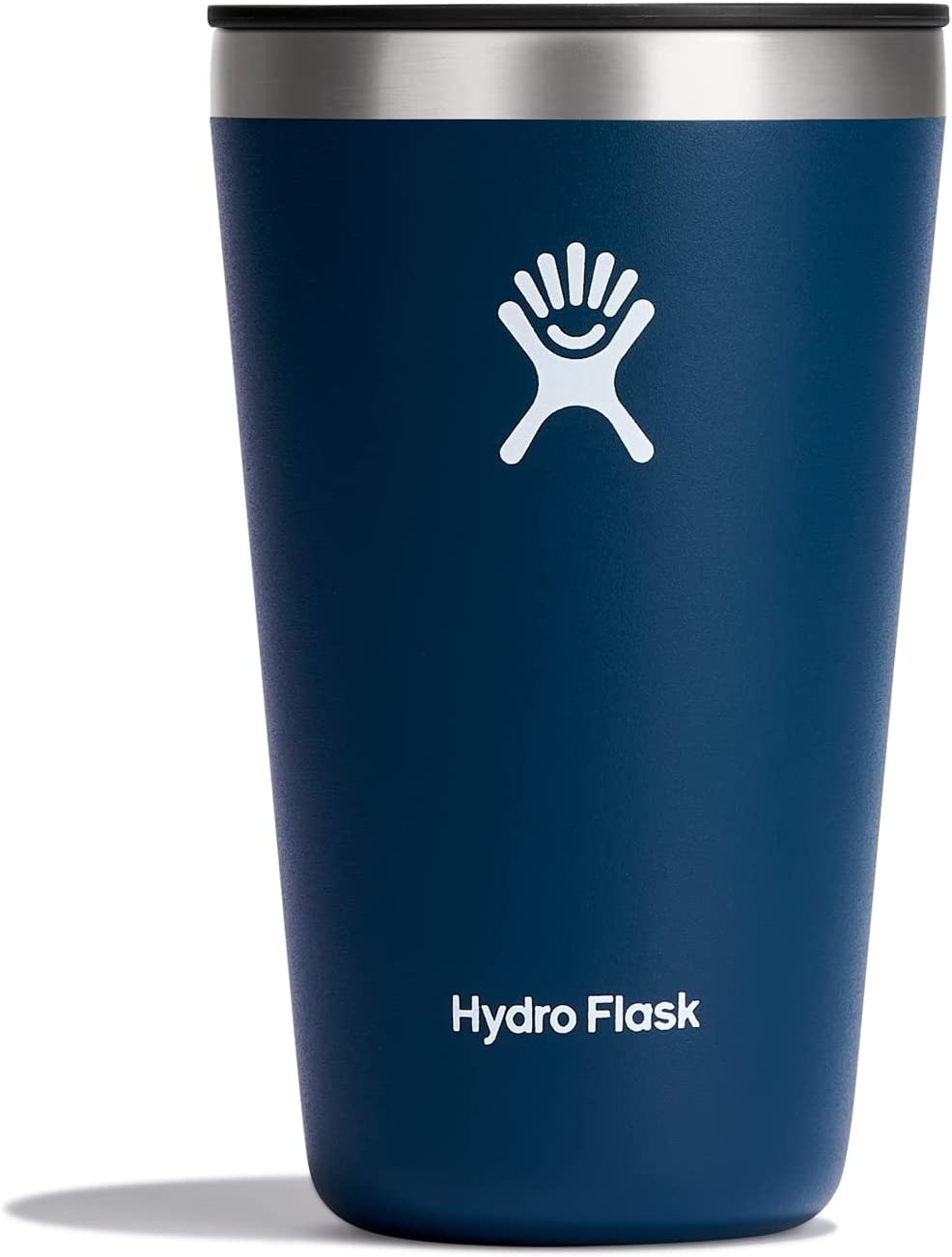How do hydro flasks work to keep drinks cold/hot for so long?
Most people don’t realize that their favorite beverages can get warm if left out for too long.
This is especially true when using plastic bottles.
xJgSjwCbX_c I’m going to explain you how to make your own hydro flask that keeps drinks cold for hours at a time.
Double Walled and Vacuum Sealed
Hydroflask is a double walled vacuum flask that keeps drinks cold or hot for long periods of time. It is used to store beverages such as coffee, tea, juice, milk, beer, wine, soda, and other liquids. These flasks are made from stainless steel, aluminum, plastic, glass, ceramic, and other materials. They are available in different sizes and shapes.
How The Hydro Flask Insulates Against The 3 Types of Heat Transfer
A vacuum flask is a type of insulated beverage container that uses a vacuum to reduce the transfer of heat between the contents and the environment. This helps maintain the drink’s temperature for longer periods of time. A vacuum flask is typically made from metal, but can also be made from plastic, glass, ceramic or even wood. There are three types of heat transfer that occur in any vessel containing liquid: conduction, convection and radiation. Conduction occurs when molecules move directly from one object to another. Convection involves the movement of air around a substance, causing it to warm or cool. Radiation is the emission of energy from a body. In the case of a vacuum flask, the insulation works by reducing the amount of heat transferred via conduction and convection. Conduction
1. Conduction (Touching Heat)
Heat transfer by conduction is the process by which heat moves from one material to another by direct contact. It is the primary way that heat transfers from one object to another, and is responsible for about 90% of the total heat loss in a closed system. 2. Conduction Air Flow Answer: Convection is the second major method of heat transfer, accounting for approximately 10% of the total heat lost in a closed system. Convection is caused by the flow of air across a surface. Air flows around an object because of differences in density. Hotter objects rise and cooler objects sink. As air passes over a hot object, it picks up some of the heat, and the air becomes warmer. Colder objects fall and become colder.
2. Convection (Moving Heat)
Conduction is the primary way that energy is transferred between two objects. Energy is transferred by direct contact. It’s the primary way that heat moves from one object to another. Heat moves from one object to the other by direct contact. This is called conduction. 3. Radiation Answer: Radiation is the third major method of heat transfer. It accounts for only about 5% of the total heat losses in a closed system. Radiation is the transmission of radiant energy through a medium such as air or vacuum. Radiant energy travels faster than visible light. It does not depend on the presence of matter.
3. Radiation
Radiation is the third major method for transferring heat. It accounts for only 5% of the total loss of heat in a closed system. Radiated energy travels faster than visible lights. It does not depend upon the presence of matter. 4. Conduction 5. Convection
The Mouth Of The Bottle Lets the Most Heat In/Out
Convection is the transfer of heat from hot objects to cooler objects by means of movement of air. This process is called convective heating. Convection occurs because the hotter object transfers heat to the surrounding colder object. For example, if you put a pan of water on top of a stove burner, the water will begin to get warmer. As the water gets warmer, it becomes less dense and therefore lighter than the air around it. Because the air is heavier than the water, it falls down toward the bottom of the pan. Since the air is now closer to the bottom of the pan, it cools off and rises back up into the center of the pan. This rising air currents create a circulation pattern that allows the heat to move throughout the pan.
The Lid Also Provides Insulation
The lid provides insulation for the bowl. It helps prevent the contents from getting cold. The lid also prevents the heat from escaping. The lid acts as a barrier between the heated liquid and the outside environment. It keeps the heat in and prevents the heat from escaping into the atmosphere.
Hydro Flask Vacuum Seals DON’T Use Lead (Other Brands Do)
Lead is toxic and dangerous to humans. It’s not good for us. We know that lead is bad for us because we’ve been told that since childhood. But what if I told you that lead is actually good for you? That lead is essential for our health? That lead is necessary for our survival? Well, I’m here to tell you that lead is good for you. In fact, lead is essential for human health.
Time To Upgrade Your Hydro Flask?
Hydro Flask is a popular brand of stainless steel vacuum flask. This product is designed to help people carry hot drinks such as coffee, tea, cocoa, soup, juice, milk, and other beverages. It features a wide mouth opening, easy to grip handle, and comfortable shoulder strap. It is available in different sizes and colors.
Will a metal water bottle explode in the freezer?
Hydroflasks are great for keeping beverages cold while traveling. However, if you freeze your Hydro flask, it could crack. It is recommended that you store your Hydroflask in a cool place away from direct sunlight and extreme temperatures.
How do I protect my Hydro Flask?
Hydro flasks are great for keeping drinks cold. These bottles are available in different sizes and shapes. You can buy these bottles online or from any store that sells camping equipment. These bottles are very useful because they are easy to carry around and can hold a lot of liquid. It is important to note that if you leave your bottle outside, it will freeze. To prevent this, keep your bottle in a cool place where it won’t freeze.
[su_youtube_advanced url = "https://www.youtube.com/watch?v=iv5EbIrWgh4" controls = "no" rel = "no" fs = "no" modestbranding = "yes"]
Should I put my Hydro Flask in the fridge?
Yes, stainless steel can be frozen. It is important to know how to freeze stainless steel properly. This includes cleaning the surface thoroughly and ensuring the item is completely dry before freezing. Once cleaned and dried, place the item into a freezer bag and store in the freezer. Make sure to label the item clearly so you know what it is. Do not leave items in the freezer for longer than two months. After two months, the item will begin to rust.
How long does a Hydro Flask stay cold?
Hydroflasks are great for keeping drinks cold. It works by using a vacuum system to draw air from the bottle and force it into the liquid. This creates a partial vacuum inside the bottle, which keeps the contents cold. A typical bottle holds about 12 ounces of liquid. So if you drink 3 bottles per day, it will last about 6 months.
Can stainless steel be frozen?
Hydroflasks are great for keeping drinks cold while traveling. However, if you leave your flask in the freezer overnight, it will freeze solid. This could lead to cracking and leaking. To avoid this, simply place your Hydro Flask in the refrigerator. It should stay cool enough to drink from for about 24 hours.
How do you keep a Hydro Flask cold?
Hydroflasks are great because they are easy to carry around and they are very convenient. However, if you are not careful, you could ruin your flask. Here are some tips to help you protect your Hydro Flask: 1 Always store your Hydro Flask upright. 2 Do not put anything into your Hydro Flask that is hot. 3 Never leave your Hydro Flask unattended. 4 Keep your Hydro Flask away from any liquids. 5 Do not fill your Hydro Flask to the brim. 6 Make sure that you always clean your Hydro Flask after each use. 7 Store your Hydro Flask in a cool place. 8 Use a good quality silicone cap. 9 Avoid using plastic caps. 10 Do not use metal caps. 11 Do not use glass bottles. 12 Do not use rubber bands. 13 Do not use tape. 14 Do not use magnets. 15 Do not use straws. 16 Do not use paper clips. 17
Is it OK to put a Hydro Flask in the freezer?
Metal bottles are not recommended for freezing because they tend to crack and break. However, if you freeze a glass bottle, it is safe to put it into the freezer. Glass bottles are better for freezing because they won’t shatter.











